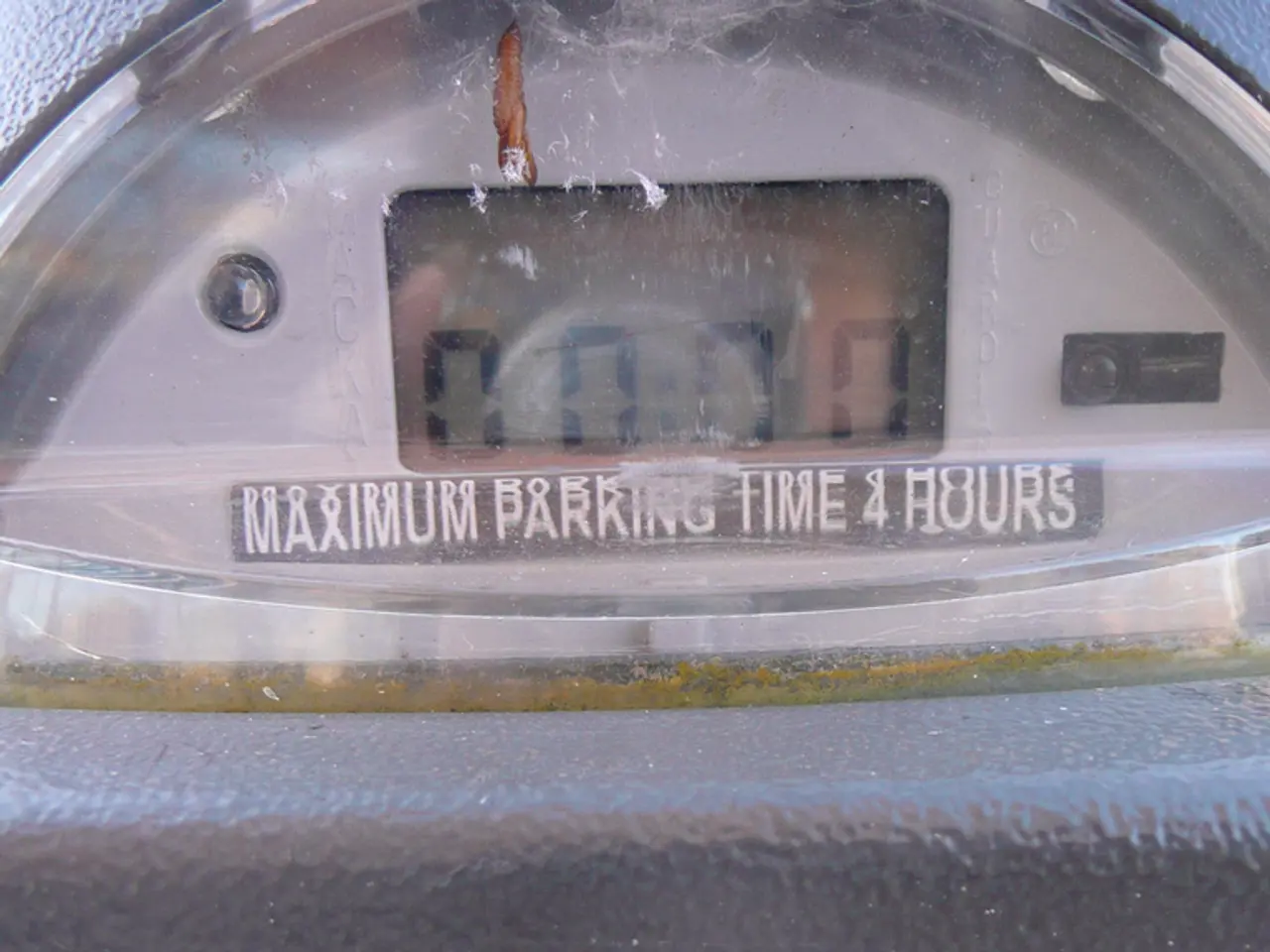CBEX's return prompts Nigerians to make payments once more, amidst the lingering issue of frozen accounts
In the heart of Nigeria's burgeoning cryptocurrency landscape, the resurgence of the CryptoBridge Exchange (CBEX) has sparked concern and raised eyebrows among regulators and investors alike. After freezing withdrawals for thousands of Nigerian customers in April 2025, the exchange has made a controversial comeback, introducing a verification fee and launching a new scheme under the name HHHE Limited, which some view as deceitful.
The Securities and Exchange Commission (SEC) of Nigeria has taken a firm stance against CBEX, labelling it unregistered, illegal, and banned from operating in the country. The commission has warned the public to steer clear of any investment-related transactions with CBEX or its promoters and is collaborating with law enforcement to investigate the company and take legal actions under the Investments and Securities Act of 2025.
This regulatory enforcement highlights the serious implications for Nigerian investors, who face substantial financial risk due to CBEX’s unauthorized activities and non-compliance with legal frameworks. The verification fee, a critical and problematic aspect of CBEX's attempted resurgence, acts as a new exploitative mechanism since payments have yielded no refunds and no access to funds, compounding investors’ losses and deepening mistrust in the platform.
Despite these warnings, Nigerians continue to pay the verification fee and refer others to CBEX, hoping to unlock their frozen funds. The fee, which is a flat rate of $100 regardless of account balance, coupled with promises of audits extending into December 2025 without any resolution, suggests a continuation of deceptive practices rather than legitimate recovery efforts.
The Economic and Financial Crimes Commission (EFCC) has listed six Nigerians in connection with CBEX and has recovered part of the stolen funds. However, CBEX representatives claim that the verification fee is necessary to filter "fraudsters" and "illegal arbitrageurs" from the platform.
CBEX operates under different domains, making it difficult for authorities to track its activities. Arbitrageurs could be exploiting CBEX by buying cryptocurrencies low and selling high on other platforms. The exchange may be using a centralized oracle for pricing, rather than a decentralized authentication solution like zkpass.
The SEC needs to intensify efforts to shut down non-compliant securities exchange platforms to protect Nigerians from Ponzi schemes like CBEX. Meanwhile, the CBEX case serves as a stark reminder of the ongoing challenges Nigerian investors face with unregulated crypto platforms and underscores the vigilance of regulators in protecting investors.
As the CBEX saga unfolds, it is essential for investors to exercise caution and avoid engaging in transactions with unregistered platforms. For those interested in the cryptocurrency space, it is advisable to seek out registered and legitimate exchanges to ensure the security of their investments.
[1] Source: TechCabal [3] Source: The Guardian Nigeria [5] Source: BusinessDay Nigeria
- The CryptoBridge Exchange (CBEX) has faced scrutiny from the Securities and Exchange Commission (SEC) of Nigeria due to its controversial resurgence, with the commission labeling it as unregistered, illegal, and banned from operating in the country.
- HHHE Limited, a new scheme launched by CBEX, has been viewed as deceitful by some investors, with the introduction of a verification fee serving as a new exploitative mechanism, despite the SEC's warnings against any investment-related transactions with CBEX.
- Despite these warnings, some Nigerians continue to pay the verification fee, hoping to unlock their frozen funds, which is a critical aspect of CBEX's resurgence, but one that has yielded no refunds and no access to funds, compounding investors' losses and deepening mistrust in the platform.
- The Economic and Financial Crimes Commission (EFCC) has listed six Nigerians in connection with CBEX and has recovered part of the stolen funds, but CBEX representatives justify the verification fee by claiming it is necessary to filter "fraudsters" and "illegal arbitrageurs" from the platform.
- As the CBEX saga unfolds, it highlights the ongoing challenges Nigerian investors face with unregulated crypto platforms, underscoring the importance of investors exercising caution, avoiding engaging in transactions with unregistered platforms, and seeking out registered and legitimate exchanges to ensure the security of their investments.




